The Kenya Conference of Catholic Bishops, through its Commission for Inter-Religious Dialogue and Ecumenism (CIRDE) organized a training for the Diocesan Coordinators and for the members of AOSK and RSCK from the Dioceses of the Metropolitan See of Kisumu. This training on inter-religious dialogue and ecumenism was held at St Patrick’s Pastoral Centre in Kabula, Bungoma Diocese as from 26th-29th October 2021. The key facilitator of this training was Tangaza Univesity College through its Institute for Religious Dialogue & Islamic Studies (IRDIS).

Fr Ken (left) & Fr Nyattaya (right) making a presentation
|
The Archdiocese of Kisumu was represented by two Priests, Rev. Fr. Samuel Nyattaya the Kisumu-CIRDE Director who also doubles as the Director for Caritas/CJPD, and Rev. Fr. Kenney Opole.
|
 2 2
Bishop Joseph Obanyi addressing the participants during CIRDE Training in Bungoma
|
The Apostolic Administrator of Bungoma, Rt. Rev. Joseph Obanyi made his keynote remarks and officially opened the training on behalf of Rt Rev. Bishop Willybard Lagho, the Chairperson of KCCB-CIRDE. In his remarks, he welcomed the CIRDE members of Kisumu Metropolitan. He urged the members not to be afraid of carrying out the task entrusted to them by their bishops. The Metropolitan See of Kisumu comprises of 8 dioceses namely: Kisumu, Lodwar, Kitale, Bungoma, Kakamega, Eldoret, Kisii, and Homabay.
The first day of of the training was conducted by Rev. Fr. Innocent Maganya, a Missionary of Africa, who advises and coordinates inter-religious dialogue for Tangaza University College. He led us in reflecting on two key ideas: DIALOGUE and PROCLAMATION. It is true that we are living in a pluralistic world in which more and more Christians are coming into contact with followers of other religions. The question to ask is: what is the mission of the church in such a pluralistic world? What is the attitude of the church towards people of other religions? The need to answer these key questions led to the creation of a specific office
|
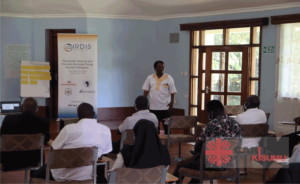
Rev. Fr. Innocent Maganya conducting the CIRDE training in Bungoma
|
known as Pontifical Council for Inter-Religious Dialogue.
Further questions to ask in this reflection are: Knowing what dialogue with other religions entails, does it go together with proclamation of the Gospel, an exercise which invites people to accept the Gospel and be incorporated into the Church through Baptism? Can these two go together?
In order to enrich the reflection on dialogue and proclamation, there are some key Church Documents that contain a lot of important ideas. These are Ecclesiam Suam (1964), Lumen Gentium, Gaudium et Spes, Nostra Aetate, Dignitatis Humanae, Africa Terrarum, Dialogue and Mission, Redemptoris Missio, Dialogue and Proclamation, and Fratelli Tutti. The convergent point in these documents is that dialogue with other religions is part of the evangelizing mission of the church. Since Vatican II Council, the Church has acknowledged the presence of positive values not only in religious life of individuals but also in the religious traditions to which they belong.
In 1991, the Congregation for the Evangelization of Peoples jointly with the Pontifical Council for Inter-Religious Dialogue produced a Document known as Dialogue & Proclamation. This Document has three parts:
- About inter-religious dialogue
- About the necessity to proclaim Jesus to the world
- About how proclamation and inter-religious dialogue both for a double commitment of the church.
At that time, people were hesitant in regard to dialogue and they were uncertain about the necessity of proclamation. This document outlines two difficulties, one from within and another from without. On the one hand, we have Christians who lack respect and appreciation for other believers and their their traditions, or they have an attitude of superiority. On the other hand, we have members of other religions fearing that the church’s evangelizing mission may result in the destruction of their religion and culture.
There are different forms of dialogue:
- Dialogue of life, in which people strive to live in an open and neighbourly spirit sharing their joys and sorrows
- Dialogue of action in which Christians and others collaborate to take an action on a common issue affecting them
- Dialogue of theological exchange in which specialists seek to deepen their understanding of their respective religious heritage and to appreciate each other’s spiritual values.
- Dialogue for integral development in which Christians and other religions collaborate on some social developments issues of their society. This could include activities done by Caritas.
Over the years, the Archdiocese of Kisumu has constantly been engaging the Religious Leaders in responding to some of the issues affecting the community. Kisumu being a region that suffers a lot of violence particularly those related to politics, cooperation between different churches and faiths has been one of our strengths. This training has been also been a blessing to the department of Caritas/CJPD in the Archdiocese of Kisumu as it will strengthen the engagement we have been having with the leaders of the other Christian Denominations and other Religions like the Muslims and the Hindu Community in the Archdiocese of Kisumu.
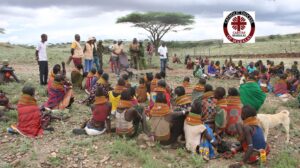
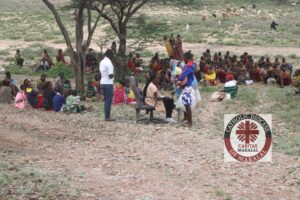
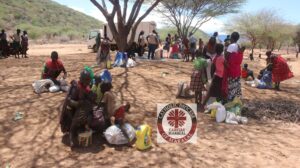
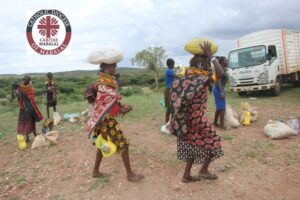
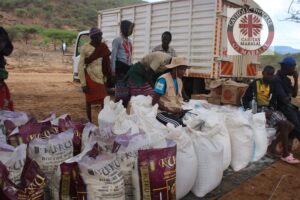
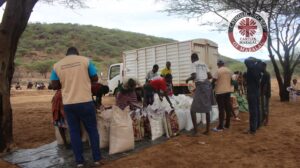
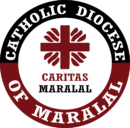
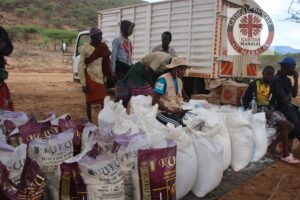
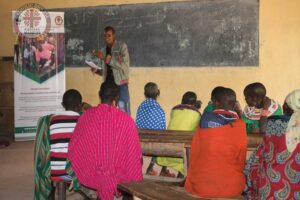



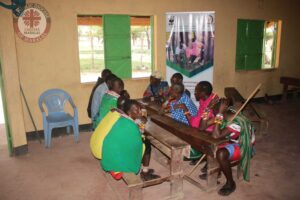
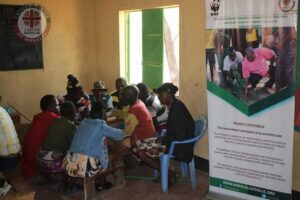
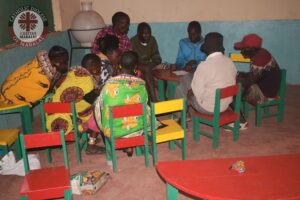
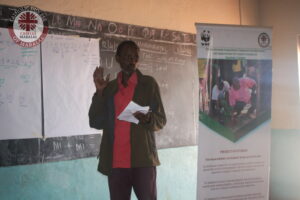
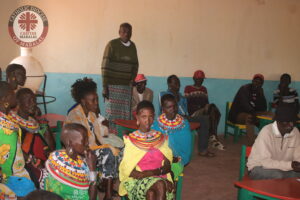
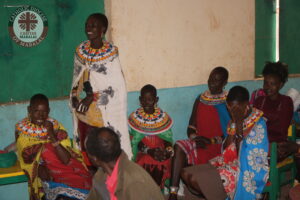
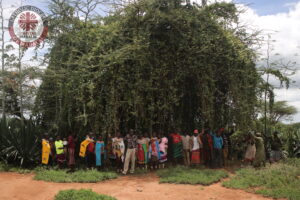
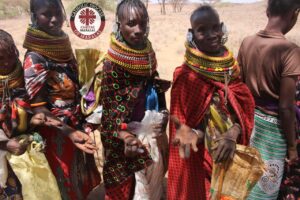
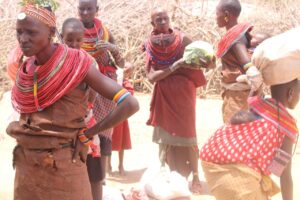
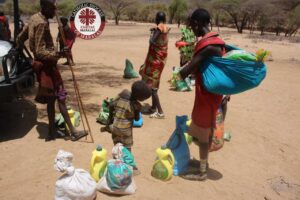









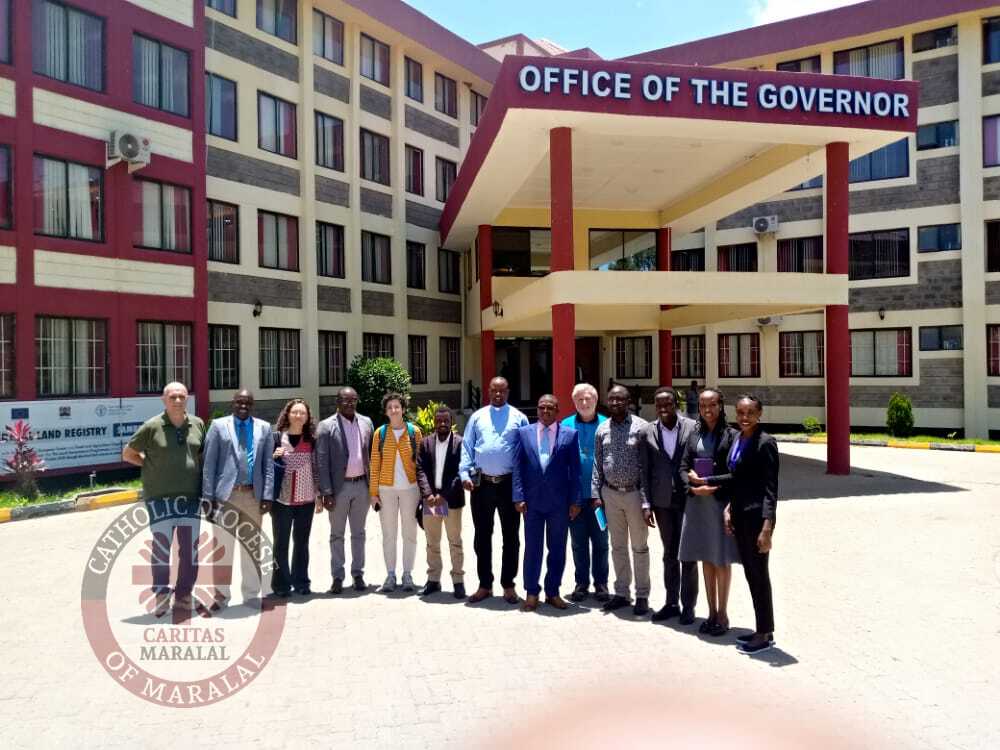
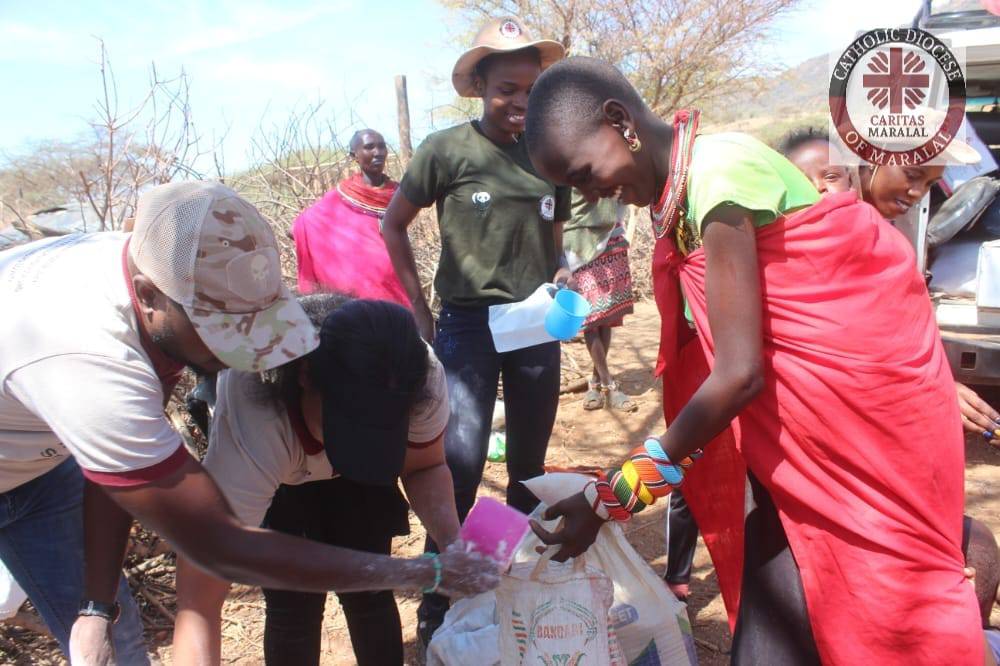


 2
2